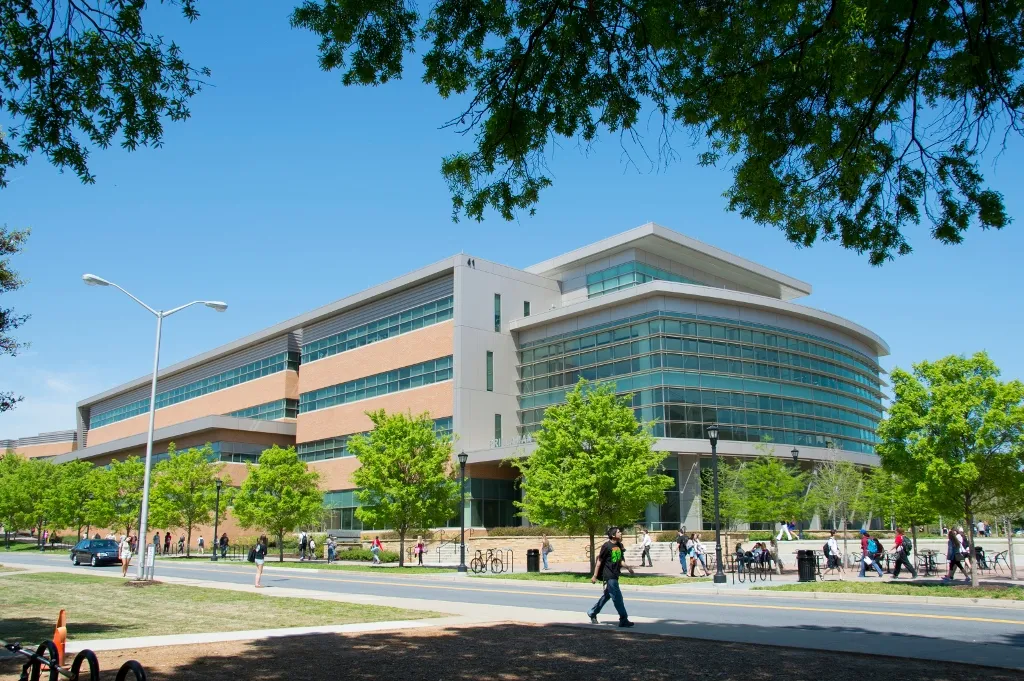Understanding Therapeutic Ultrasound: More Than Just a Picture
The first thing to clarify is that therapeutic ultrasound is very different from the diagnostic ultrasound used to create images, such as during pregnancy or to examine internal organs. There are no screens or black-and-white pictures involved.
Instead, therapeutic ultrasound uses high-frequency sound waves (far beyond the range of human hearing) to create gentle vibrations and energy deep within the body’s tissues. Think of it as a form of "micro-massage" for your cells. A small, handheld device called a transducer delivers these sound waves directly to the injured area of your knee. These tiny, imperceptible vibrations stimulate the cells, triggering natural healing processes without you feeling anything more than a slight warmth.
How Does Ultrasound Therapy Work for Knee Pain? The Science Simplified
The true power of therapeutic ultrasound lies in its dual-action approach. Depending on your specific condition and the stage of your injury (acute or chronic), your physiotherapist will adjust the settings to produce either a thermal (heating) or non-thermal (healing) effect.
The Thermal (Heat) Effect
When the sound waves are delivered continuously, they generate a gentle, deep heat in soft tissues like muscles, tendons, and ligaments around the knee. This is far more effective than a surface-level heat pack. This deep heat helps to:
- Increase blood circulation to the area, delivering more oxygen and nutrients.
- Reduce chronic pain, muscle spasms, and stiffness.
- Make tissues more flexible and elastic, preparing them for stretching and manual therapy.
The Non-Thermal (Healing) Effect
By pulsing the sound waves, the therapist can stimulate the cells without generating significant heat. This process creates two phenomena known as cavitation and acoustic streaming, where microscopic gas bubbles in your tissues rapidly vibrate. This cellular agitation is highly beneficial, as it:
- Stimulates cell membranes, enhancing the natural repair process.
- Reduces inflammation, pain, and swelling (oedema).
- Accelerates the healing of injured tissues at a microscopic level.
Common Knee Conditions Treated with Ultrasound Therapy
Ultrasound therapy is a versatile tool that can be integrated into the treatment plan for a wide range of knee problems. It is particularly effective for:
- Knee Osteoarthritis: Helps manage the chronic pain and stiffness associated with cartilage wear-and-tear by increasing blood flow and reducing inflammation in the joint.
- Patellar Tendonitis (Jumper's Knee): Directly targets the inflamed patellar tendon below the kneecap, speeding up the healing process and reducing pain during activities like jumping and running.
- Knee Bursitis: Reduces the swelling and inflammation in the fluid-filled bursa sacs that cushion the knee joint.
- Ligament Sprains (e.g., MCL): In the acute and sub-acute phases of a ligament injury, the non-thermal effect can promote faster tissue repair and reduce swelling.
- Meniscus Injuries: While it cannot repair a tear, ultrasound can help manage the associated pain and inflammation, making it a valuable part of a conservative treatment plan alongside strengthening exercises.
- Post-Surgical Recovery: Assists in breaking down scar tissue, improving tissue pliability, and enhancing mobility after certain types of knee surgery.
The Key Benefits: Why Choose Ultrasound for Your Knee?
When administered by a skilled physiotherapist, ultrasound therapy offers several compelling advantages for patients suffering from knee pain:
- Significant Pain Reduction: It directly targets and reduces the inflammation that is often the root cause of pain.
- Accelerated Healing: By stimulating cellular activity, it goes beyond just masking symptoms and actively speeds up your body's natural repair mechanisms.
- Decreased Swelling: It is highly effective at reducing oedema (fluid buildup) in and around the knee joint.
- Improved Range of Motion: The gentle heating effect helps reduce stiffness and muscle spasms, making it easier and less painful to bend and straighten your knee.
- Non-Invasive and Drug-Free: It is a safe, comfortable procedure that provides a powerful alternative or complement to oral pain medications and more invasive treatments like injections or surgery.
What to Expect During Your Session at Physiotattva
We understand that trying a new therapy can be daunting, so we want to demystify the process for you. A typical ultrasound session at a Physiotattva clinic is simple, professional, and entirely painless.
Your journey begins with a thorough assessment by one of our expert physiotherapists. They will evaluate your knee, diagnose the issue, and determine if an ultrasound is the right modality for you, along with the precise settings needed.
The process itself involves a few simple steps:
- You will be positioned comfortably, usually lying down with your knee exposed.
- A cool, water-based gel will be applied to the skin over the target area. This gel isn't for lubrication; its purpose is to eliminate any air between the device and your skin, ensuring the sound waves are transmitted effectively into your tissues.
- Your therapist will then place the transducer head on the gel and move it in slow, continuous circles over the injured part of your knee.
You will not feel any pain. At most, you might notice a very mild, pleasant warmth on your skin during a thermal treatment, but many patients feel nothing at all. A typical treatment for the knee area lasts between 5 to 10 minutes. Most importantly, ultrasound is part of a comprehensive treatment plan at Physiotattva, which will also include targeted exercises, manual therapy, and education to ensure a full recovery.
Take the Next Step Towards a Pain-Free Knee
Therapeutic ultrasound is a scientifically backed, powerful tool for managing a wide array of knee pain issues. From chronic arthritis to acute sports injuries, it offers a way to reduce pain, decrease swelling, and kickstart the healing process. When administered by a skilled and knowledgeable physiotherapist as part of a holistic treatment plan, it can significantly speed up your recovery and help you reclaim your active life.
At Physiotattva physiotherapy clinics in Bangalore and Hyderabad, you receive personalised care tailored to your specific needs, ensuring effective results and comfort throughout your journey to recovery.
Don’t wait to start your recovery! Get in touch with Physiotattva for more details! Contact us at +91 89510 47001.





.webp)
.jpeg)







%20(1)-p-3200.jpeg)


.jpg)
.webp)
.webp)
.webp)






